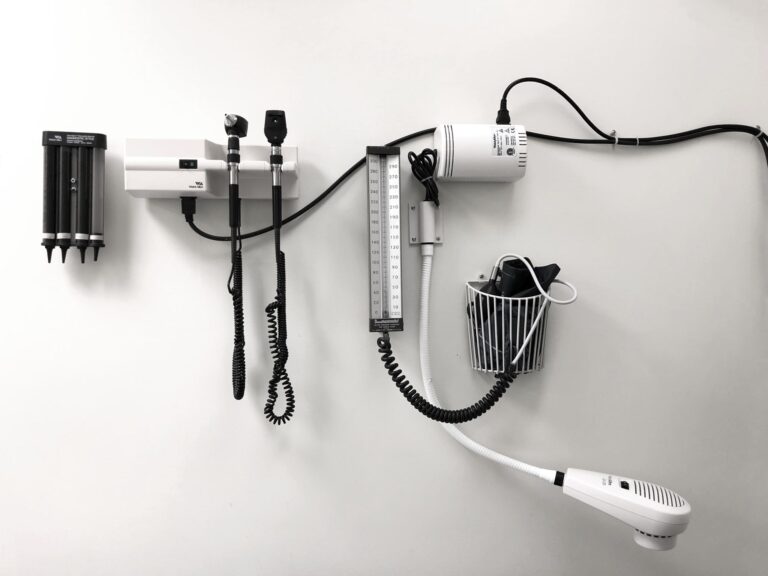
Minimize Your Regulatory Risk with the HITECH Law Amendment: Safe Harbor Provision
Data breaches in healthcare are increasing at an alarming rate and must be considered inevitable, but you can limit your exposure to regulatory risk when one occurs.

Data breaches in healthcare are increasing at an alarming rate and must be considered inevitable, but you can limit your exposure to regulatory risk when one occurs.

Navigating the complexities of EHR discovery in medical malpractice cases is a challenging task for all parties involved.

CCPA regulations are enforced through administrative actions and fines. The agency has the authority to make grants from money collected via fines.

Illinois’ BIPA is a model for upcoming biometric legislation; we expect 20% of states will have biometric privacy laws by 2024.

The most recent Health IT vendor to settle with the government is a direct result of the DOJ’s new Civil Cyber-Fraud Initiative.

Quandary Peak’s review of FDA’s final guidance leads us to believe we could see meaningful expansion of the amount of CDSS qualifying as a medical device, which could subject many current and future CDS software applications to FDA oversight.

A standard approach for representing patient addresses across all health IT systems was needed to improve patient matching using accurate address information. Enter Project US@, the “Unified Specification for Address in Health Care.”

As medical devices evolve to better treat and monitor patient health, cybersecurity remains a top priority. As per FDA guidance, “medical device security is a shared responsibility…”